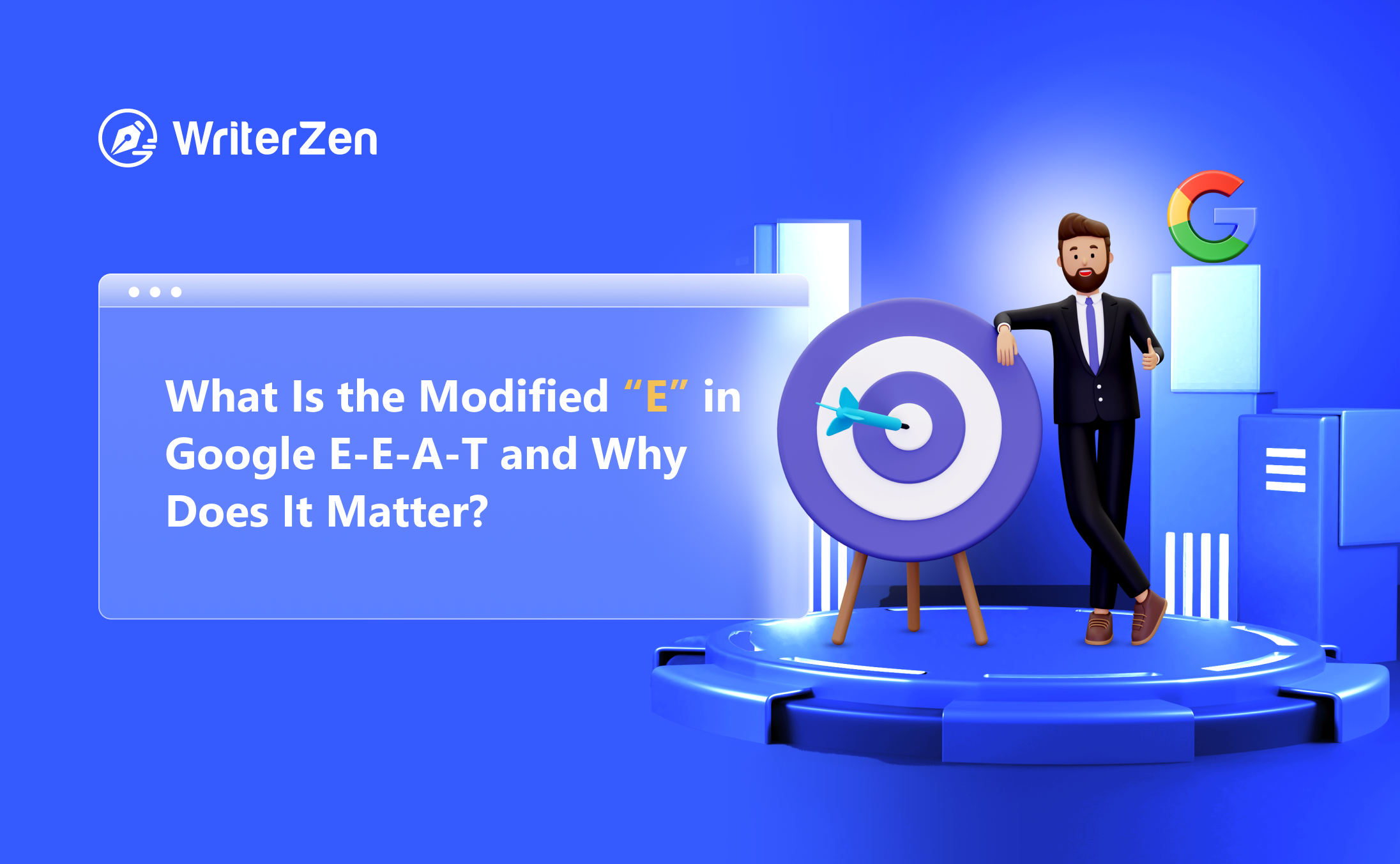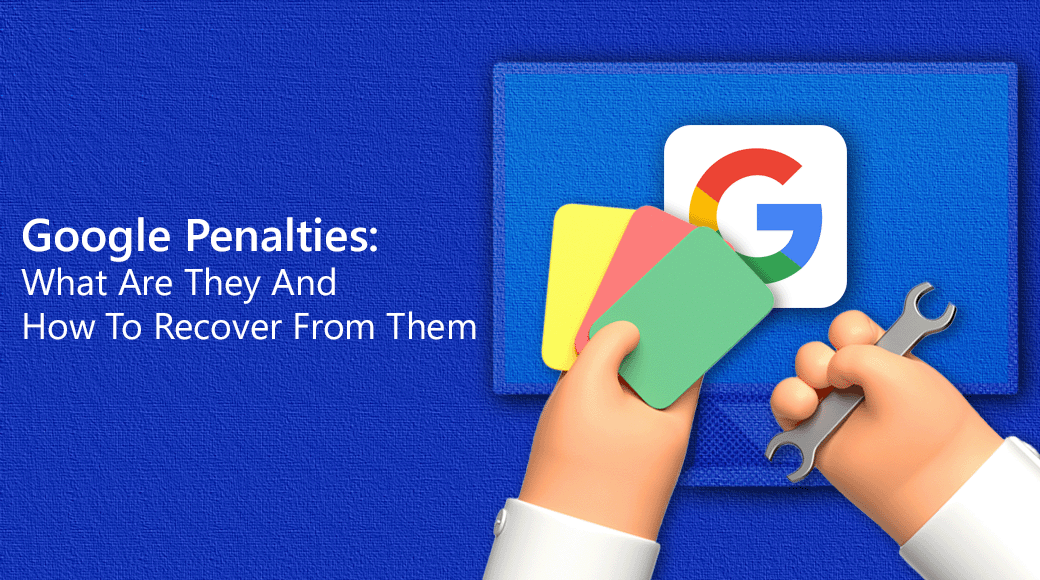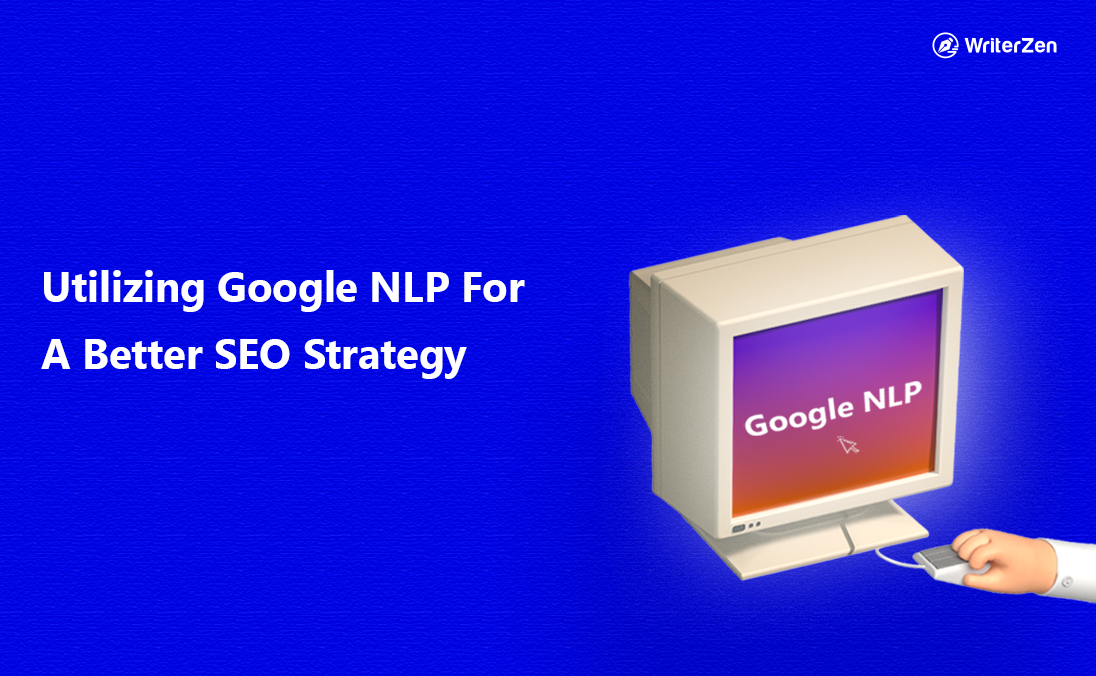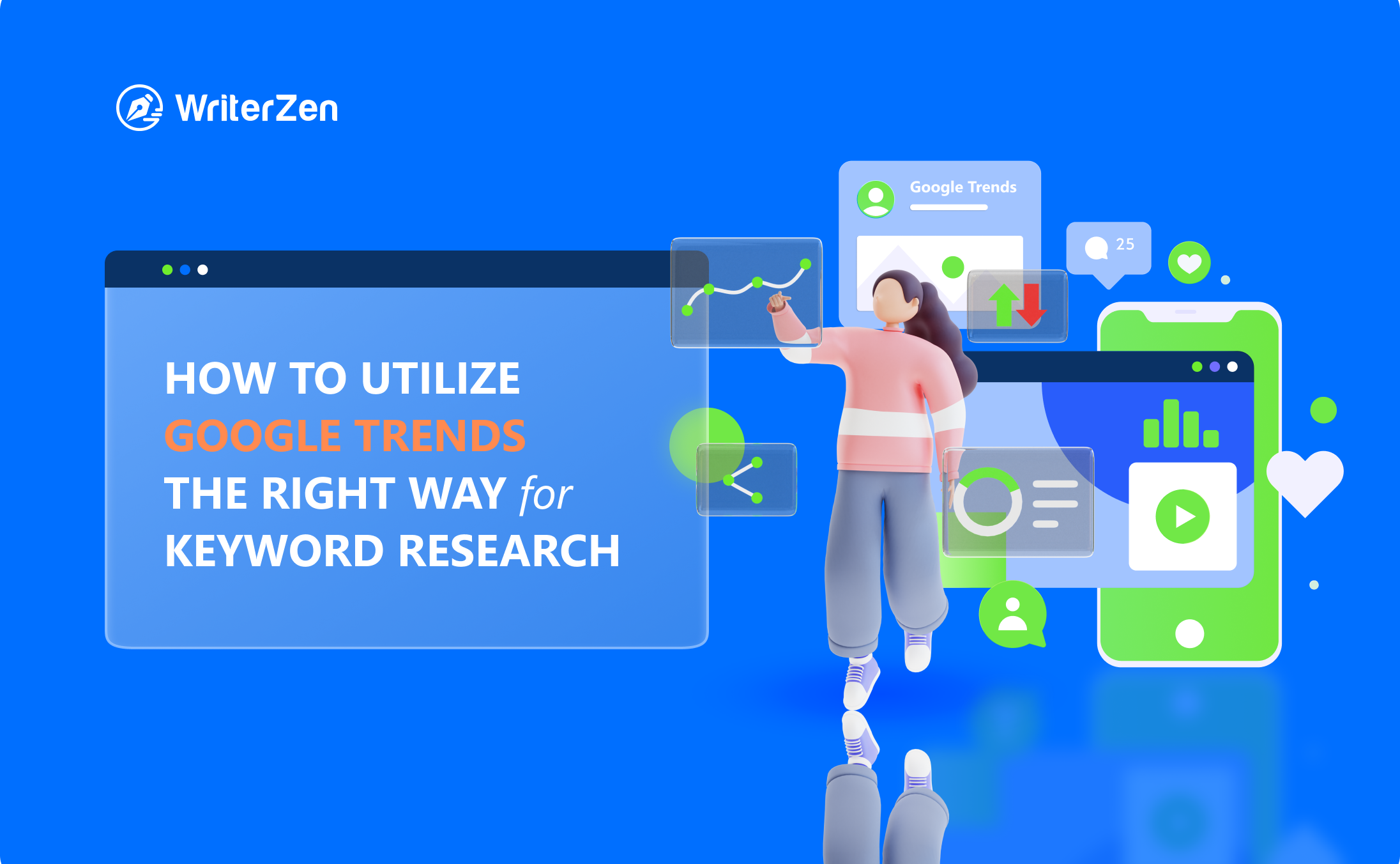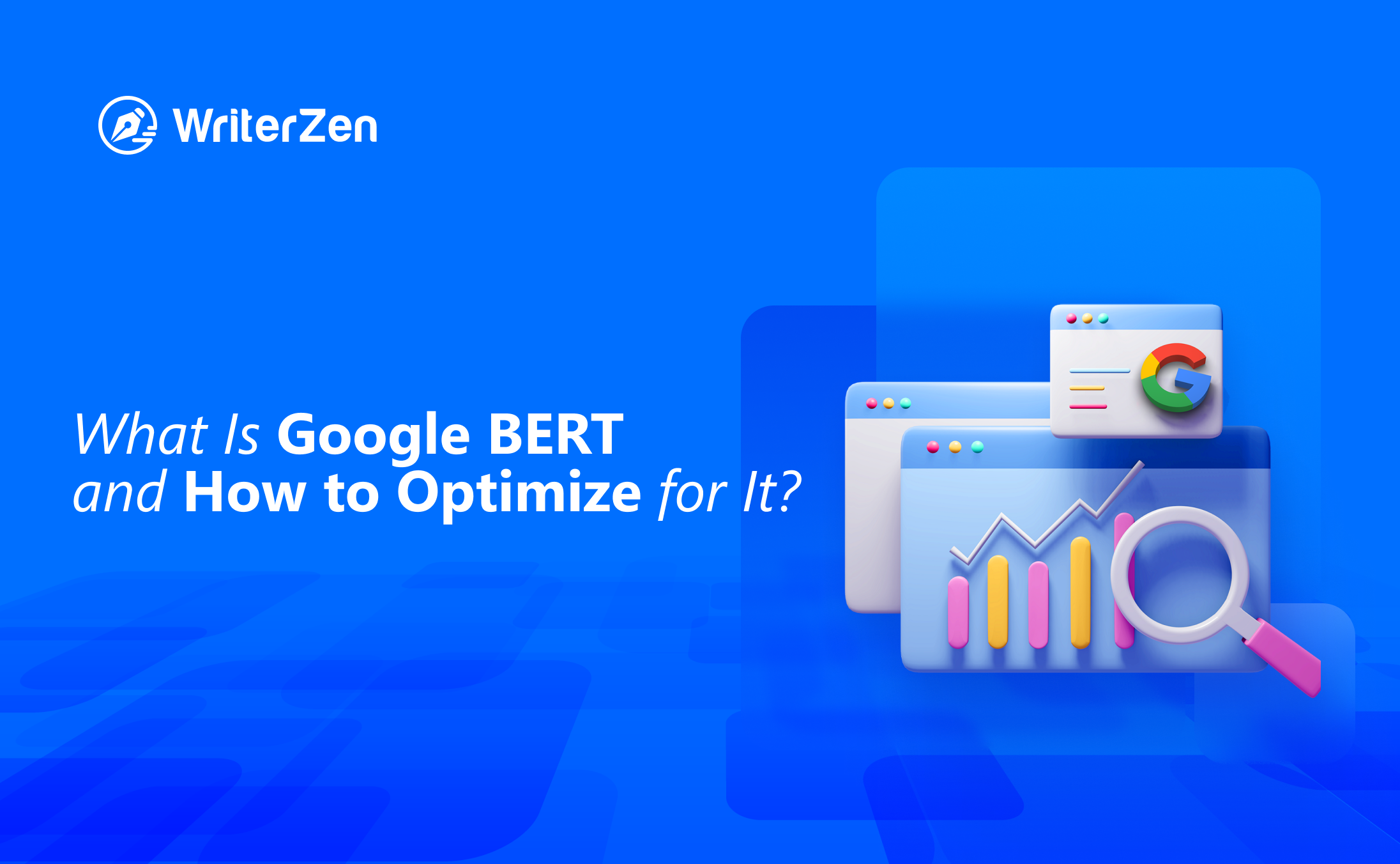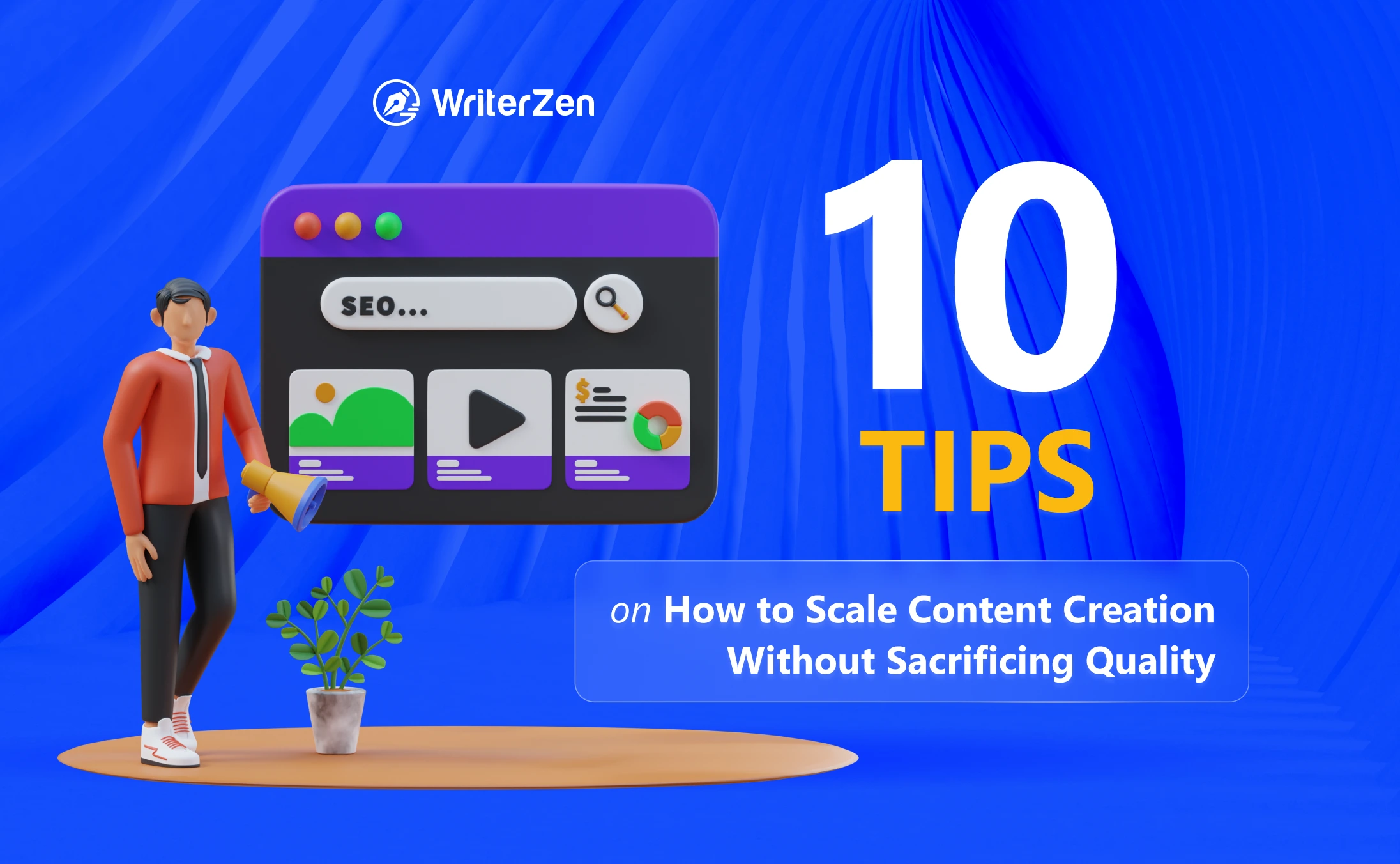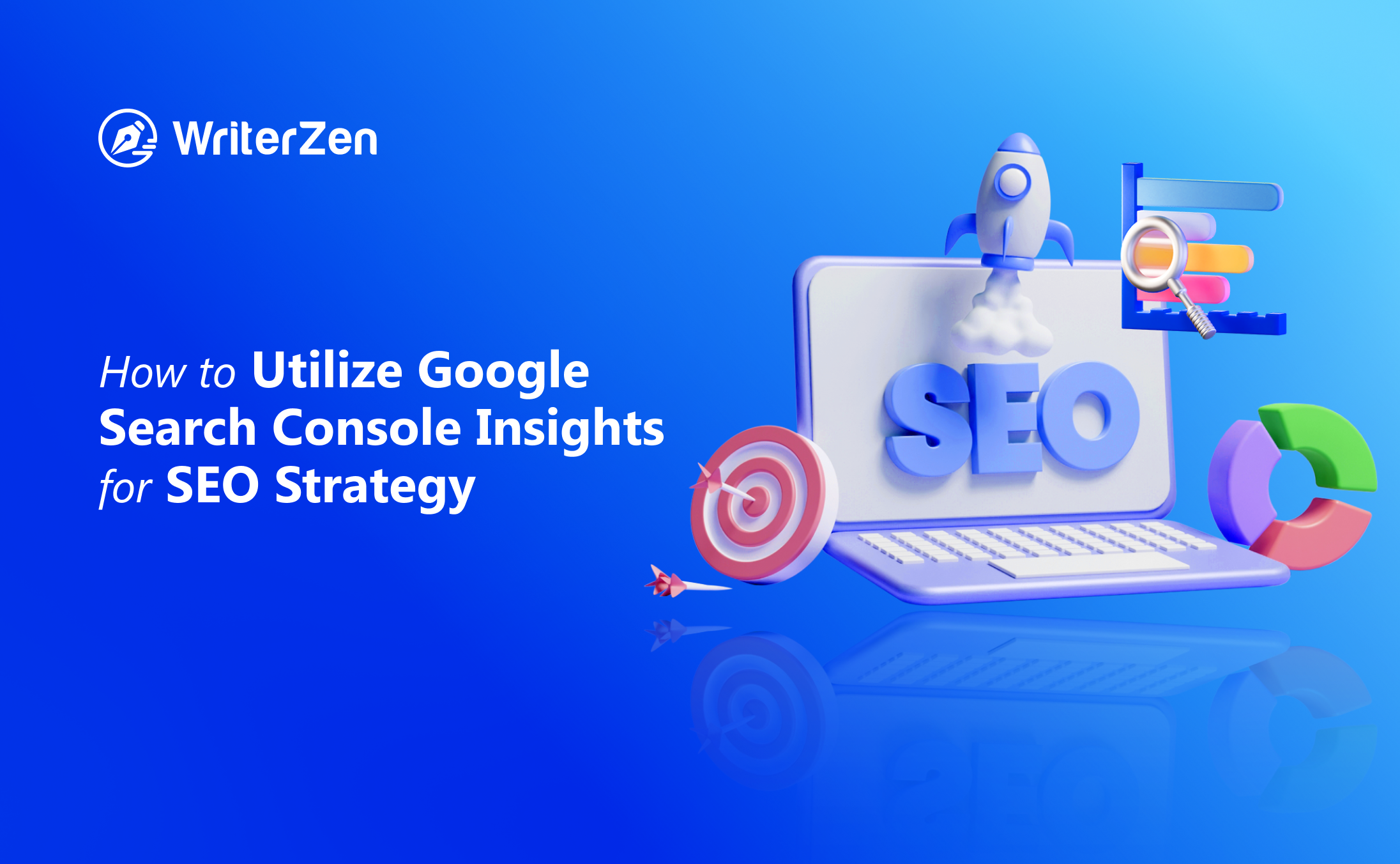In the AI, or we can say “content-spinning era,” Google decided to shift gears.
Forget the days of simply rehashing old content with a few word swaps; Google now craves authentic, expertly crafted articles.
So, what's this big update all about?
Google has now added an extra "E" to their already famous E-A-T acronym— which stands for Expertise, Authoritativeness, and Trustworthiness— to include "Experience."
Now it's E-E-A-T!
If you don’t know yet, E-E-A-T is a component of Google’s Search Quality Rater Guidelines used by individuals, referred to as “Quality Raters,” to evaluate the expertise of content creators.
What does this mean for your SEO game plan? Was this shift something we should have seen coming? Let's dive into all things Google E-E-A-T to understand how focusing on Google’s E-E-A-T guidelines can help you be seen by readers as trustworthy.
Moving from E-A-T to E-E-A-T: What Really Changed?
Just like before, Google's main goal is to show the best and most reliable content at the top of its search results. How they decide this hasn't really changed.
Google is really focusing on the quality of content these days. One big reason could be that they want to avoid showing copycat, low-value articles, especially content generated by AI tools like ChatGPT.
To figure out if your website has good content, Google looks at:
-
What the webpage aims to do (its purpose)
-
How good and thorough the content is
-
Who made the content and what their website is all about
-
How reputable the website or the person who made the content is
So, it's not just about what you say, but also who's saying it.
Does that mean your ranking will be hit by the recent Google E-E-A-T update?
It’s not a matter of "if'' but "when" your site will be checked for E-E-A-T. Google's guidelines are meant to guide Google's human checkers. By understanding these guidelines, you can see what Google values in top-quality SEO content.
Now, while we're on the subject of Google's rigorous standards for content, E-A-T, there’s another problem that can’t go unaddressed - the increasing commoditization of web content.
How Increasing Commoditization of Web Content Sabotages Content Quality
Here's why it's troubling: Experts like Bernard Meyer predict that this "commodity content," or content that's easily replicated and lacks originality, will grow exponentially. It's sort of like how Google’s database or topic models function, which focus on things like link building, search engine optimization, and domain authority to gauge a site's credibility.
“You'll also see the rise of spam content. Whatever can be done cheaply and quickly will be done cheaply and quickly.
Content creation is no different. We're going to see a race to the bottom of sorts for low-effort content creators trying to churn out more content faster, without caring too much about the audience or even practical goals,” he adds.
These methods could potentially dilute the quality and reliability of content, especially as more people jump into the web space.
However, Google’s focus on E-A-T is not solely due to the prevalence of commodity content but also due to the presence of misleading, inaccurate, or low-quality information on the internet.
This update is intended to address the broader issues related to content quality, relevance, and reliability.
They prioritize content that is created by individuals or organizations with a high level of expertise or authority in their respective fields and deemphasize content that lacks credibility and reliability.
Recent updates like the “Helpful Content” and the “Experience Update” from Google also aim to slow down this commoditization.
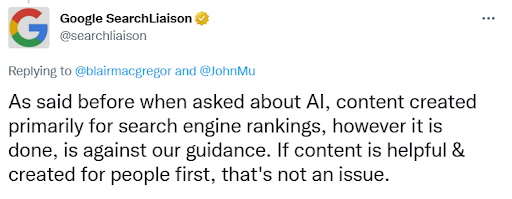
Source: Google SearchLiason/Twitter
Yet, the question remains: Are these updates enough to keep the essence of valuable content intact?
It's a big deal because, for YMYL topics, where experts' recommendations and professional societies carry weight, the commoditization of content could muddy the waters.
For topics that require less scrutiny—like, say, how to wash your jeans—it's not a big deal. However, for critical information, we need to keep our eyes on the ball and ensure that content maintains its credibility and expertise.
The Importance of E-E-A-T and YMYL for Content Ranking on Google
When it comes to winning that coveted top spot on Google's search results, you've got to understand two big players: YMYL, which stands for Your Money or Your Life, and E-A-T, short for Expertise, Authority, and Trust.
So, what's the deal with these acronyms? They come from Google’s own rulebook, the Search Quality Evaluator Guidelines, penned back in 2015.
Now, YMYL isn't just about healthcare or finance; it stretches to less obvious areas like real estate and even oral care. And the topics? They run the gamut from news and legal issues to health and safety. Google is particularly picky about healthcare info because, let's face it, bad advice could seriously affect someone's health.
So, how do you make Google happy?
Your content needs to serve a clear purpose and genuinely help the reader. That’s where E-A-T comes in.
Your source needs to be trustworthy and really know what they’re talking about. But here’s the kicker: the level of E-A-T you need can change depending on how critical the topic is.
For example, you better believe that info about evacuation routes during a natural disaster needs to be spot-on and accurate to keep people safe.
Speaking of timely examples, let’s bring up COVID-19 information again. Remember how selective Google was about COVID-19 information? You wouldn't want life-saving data lost in a sea of commodity content.
That’s why Google only gave top rankings to info from trusted sources like the CDC or government websites.
So, if you want your content to get noticed, especially for YMYL topics, ensure it checks off those E-A-T and YMYL boxes.
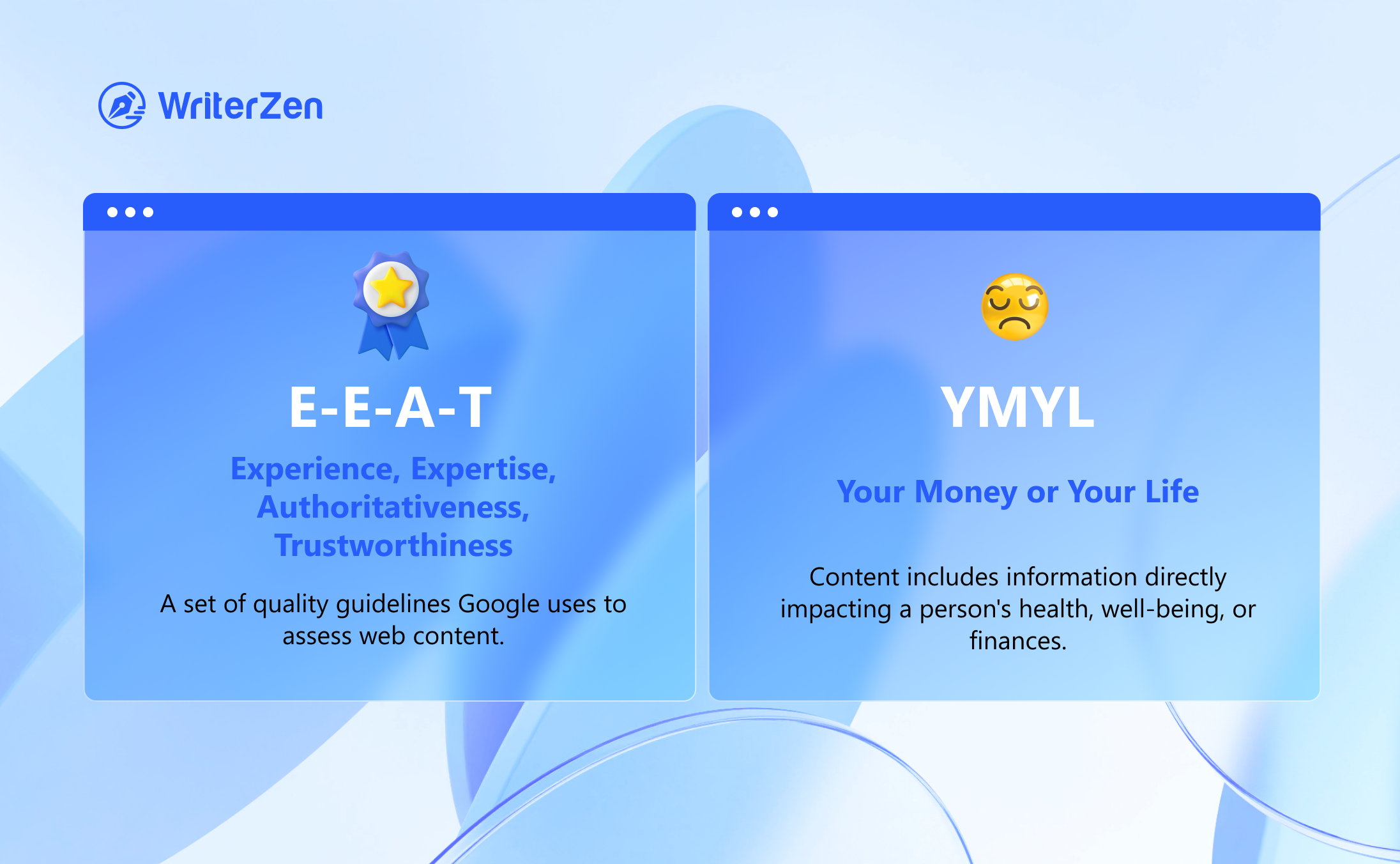
Breaking Down Experience, Expertise, Authority, and Trust (E-E-A-T)
Think of E-E-A-T as the four cornerstones of your content castle. They're what give your content a solid foundation and make it a king in the Google search kingdom. Going by that, let’s dive into the four components of Google E-E-A-T and how they intersect with your content.
Experience
What's the deal with Google caring about who's writing the content?
Well, Google has upped its game in figuring out how much real-world experience the author has on a specific topic.
Let's say you write about the hottest viral marketing trends of 2023, even without having hands-on experience in it. That might fly.
But if you tackle a topic like mobile app security just because it's trending, Google's going to notice that you're not an expert, and your article won't perform well.
How does Google know? They're getting really good at distinguishing between content that's just rehashed from other sources and insights from folks who actually know what they're talking about.
Think about it: if you're writing a review, have you actually used the product? Or if you're sharing a recipe, have you cooked that dish yourself?
This goes beyond just credibility; it even spills over into sensitive topics like health.
Just like a cancer survivor sharing first-hand advice on navigating chemotherapy. Experience now matters almost as much as expertise or authority, especially as search results diversify to include a wide array of topics.
What’s the Value of Showcasing First-Hand Experience?
Want to optimize content for experience?
Use the formula: “Show, don’t just tell.”
Keep things real by being open about how you, or your writer, have earned your stripes in experience. Dive deep into your personal interactions with a product or service.
By pooling your knowledge and experiences, you’re in a prime position to whip up content that stands out and truly assists, offering something genuinely unique and insightful.
Let’s say you’re writing an article about content distribution strategy. Share how you would create a strategy, personal wins to back up its effectiveness, lessons you learned along the ride, mistakes your readers should not make, etc.
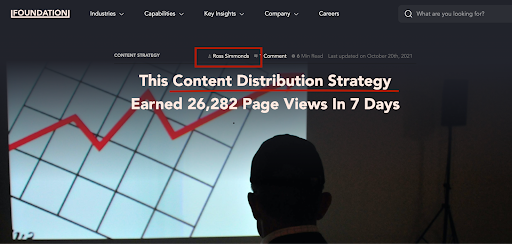
Don’t have personal experience?
Here's the tea: having personal first-hand experience might not make or break your content.
Instead, Google seems pretty open to info backed by interviews with experts or well-researched discussions. In fact, having a well-spoken writer who doesn't have first-hand experience but who's a pro at research could actually make your content even more compelling.
Don't sweat it if you don't have first-hand experience; Google likely won't hold it against you if your content is high-quality and comes from reliable sources.
Understanding these updates is crucial; they're not just techy changes but also clues from Google on how to up our game.
Expertise
When it comes to establishing the credibility of your content, especially for specialized fields like surgery, Google places a lot of weight on the author's expertise.
It's not just about writing well-researched articles; you also need the right credentials and a ton of hands-on experience to back it up.
Now, don't confuse expertise with experience; they often go hand-in-hand but aren't interchangeable. Take saving money as an example. Some folks are looking for tips from a certified financial advisor—that's expertise.
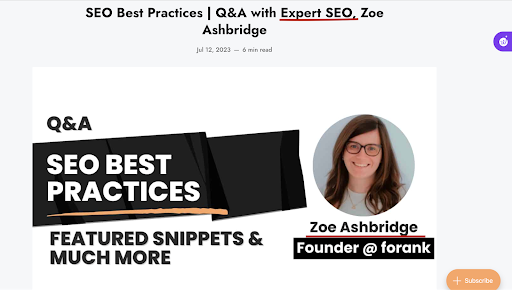
But others might just want practical advice from someone who's been there and done that. That's how you demonstrate that you're not just talking the talk but also walking the walk.
The good news? Both kinds of content can be valuable and do well in Google's E-A-T (Expertise, Authoritativeness, and Trustworthiness) framework. So, no matter what you're searching for, there's likely a reliable source that fits the bill.
Why Is Showcasing Expertise Essential?
Cutting corners with Google E-A-T will not lead to winning; Google will detect it. Original, helpful content written by subject matter experts for people will continue to be favored by Google.
Because Google really likes genuine, valuable content written by people who know what they're talking about.
No, you don't need celebrity experts like Gary Vaynerchuk writing your blog posts, but your contributors should have a good track record in the subject they're covering.
How do you know they're credible? Well, if their name pops up on other reputable sites, or if their content has been linked by trusted names in your industry, that's a good sign.
You can show off your team's real-world credentials in a few ways:
-
Use author bios that link to Wikipedia, Wikidata, or LinkedIn profiles.
-
Flaunt your team's expertise on an "About Us" page and show off any awards you've won.
-
List your relevant certifications and even mention events where you've spoken or attended.
-
Got any media mentions? Throw them in there, too.
All of this adds up to let Google—and your audience—know that you're the real deal.
Authority
What does it mean to be an "authority"? It's not just about saying you're an expert; you've got to get others to vouch for you, too.
Google has a team of quality raters who are specifically trained to gauge the trustworthiness of not just the content you put out but also you as a creator and your website as a whole.
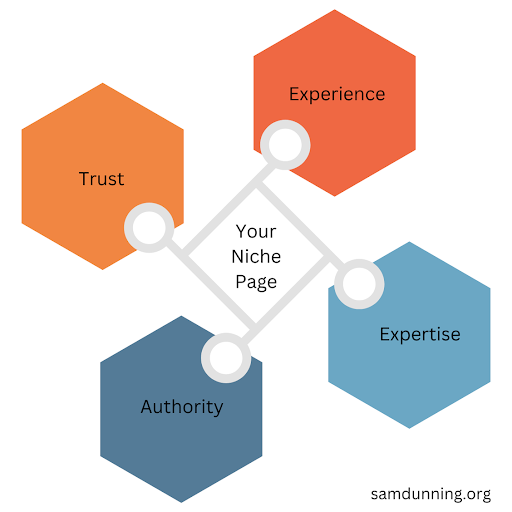
Credit: samdunning.org
For instance, when you come across an article about abdominal pain on WebMD, you're likely to trust it. Why? Well, WebMD is a go-to source for medical advice. The people who write their content are bona fide wellness pros, and they even get experts—usually doctors—to double-check their facts.
So, it's not just about the information; it's also about who's giving it to you and where it's coming from.
How Does Authority Help Build Credibility?
Google needs a clear picture of what your website is all about before it considers you an authority in your field. But many companies overlook the importance of being an authoritative source, which then takes a toll on their Google rankings.
Think of it as a two-step process:
-
First, Google wants to get the general vibe of your site. What topics do you cover? What industry do you belong to?
-
Once it has a good grasp of your website's overall theme, it then evaluates how authoritative you are in your specific niche or industry.
The more dialed-in and credible your content is, the higher your chances of being recognized as an expert in your field.
But here's the inside scoop: building authority isn't just a one-off job; it's about consistently publishing reliable content on a specific subject. The street cred you build online is a sum total of your Google rankings, customer reviews, and even mentions on trusted sites like Wikipedia or Clutch.
Also, your content has to be genuine and useful—not just clickbait. Make sure your titles are straight shooters, directly reflecting what the content offers. If you don't have your own visuals or demos, embedding a YouTube video can take user experience up a notch.
It's a great way to piggyback on other people's credibility, especially if you keep tabs on videos that really resonate. On the flip side, don't rely solely on other people's content—your authority could get murky if you don't clarify your own expertise.
Pro tip: real-life reviews and testimonials, captured in screenshots, can serve as solid gold for the value of your content.
Trust
Although the "T" for Trustworthiness comes last in the acronym, Google says it's actually the MVP of the trio. Why?
Trustworthiness is the most important part of Google E-E-A-T SEO. Quality Raters must take the creator, content, and website into account. If a page isn't trustworthy, it doesn't matter how expert or authoritative it is; its E-A-T score will take a nosedive.
Be clear about who wrote your content, edit for factual accuracy, cite trustworthy sources, and avoid hiding content behind a wall of ads.
Trustworthiness isn't just about well-written articles, either. Google Quality Raters look at the whole package—the person who wrote the content, the accuracy of the information, and even the website itself.
For instance, even if you have stellar content, hiding it behind a wall of ads or having an insecure shopping checkout page can really hurt your trust factor.
So, be transparent about who's behind your content, double-check your facts, and make sure your website as a whole is secure and user-friendly.
Why Double Down on Trust?
Trust is a game-changer in Google's updated E-A-T (Experience, Expertise, and Authoritativeness) framework. In fact, Google's putting it front and center, calling it the "most important member of the E-A-T family."
Why? Because no matter how much expertise or authority a page might display, if it's not trustworthy, it's not scoring high on the E-A-T scale.
Google even gave us a Venn diagram to visualize how crucial trust is in this equation.
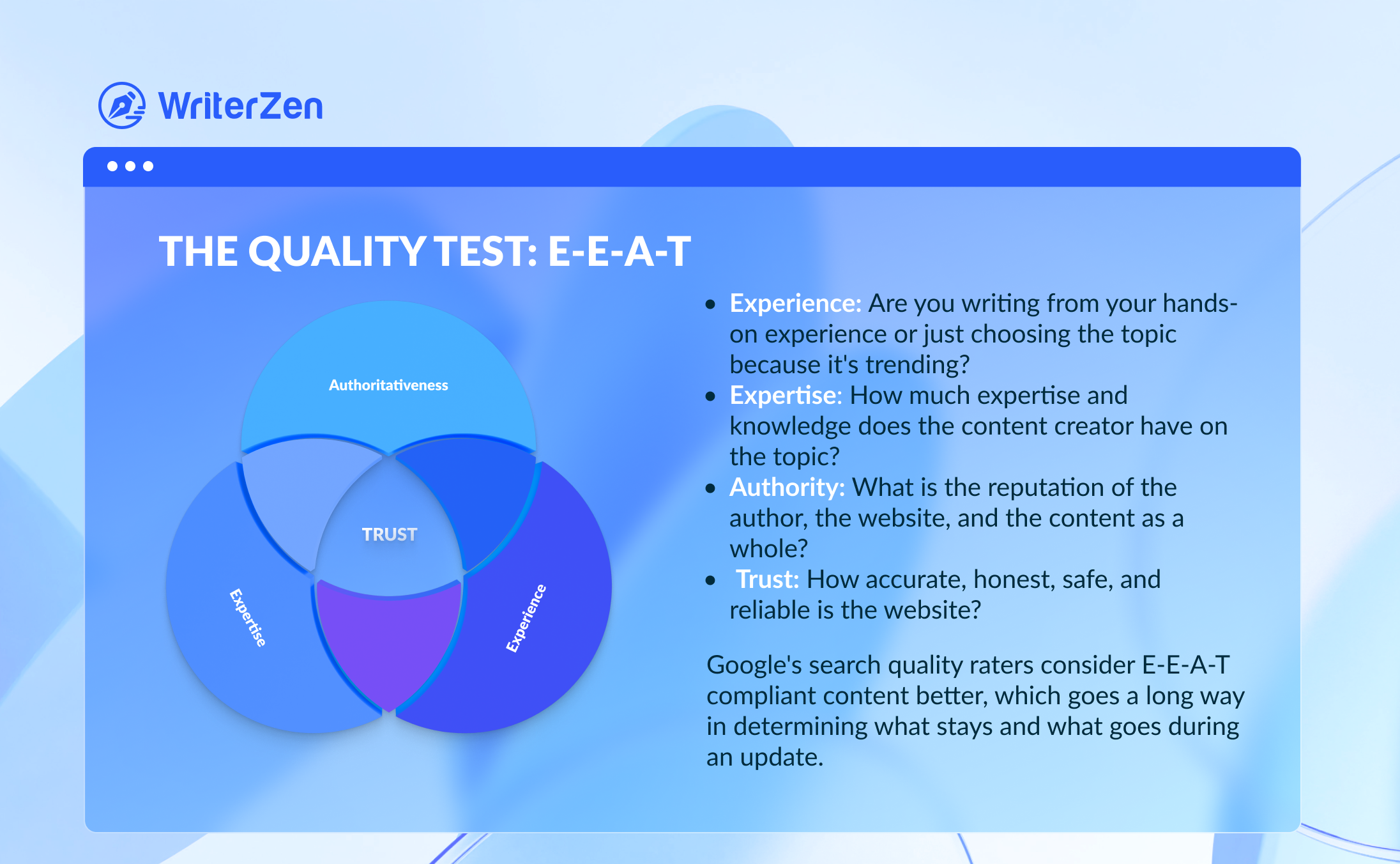
Here's a hot tip: don't just look at experience or social proof. Other factors, like customer service for online stores or peer-reviewed work for academics, can also tip the scales in your favor when it comes to trust.
Even Google’s ranking systems are trained to spot these nuanced signs of credibility. So, if you've got other ways to show you're trustworthy, by all means, flaunt them.
Trust isn't just the last letter in the acronym; it's the cornerstone of high-quality content.
5 Easy Ways to Hit EEAT Signals
Let’s see how you can Show E-A-T and potentially boost your organic traffic in five ways.
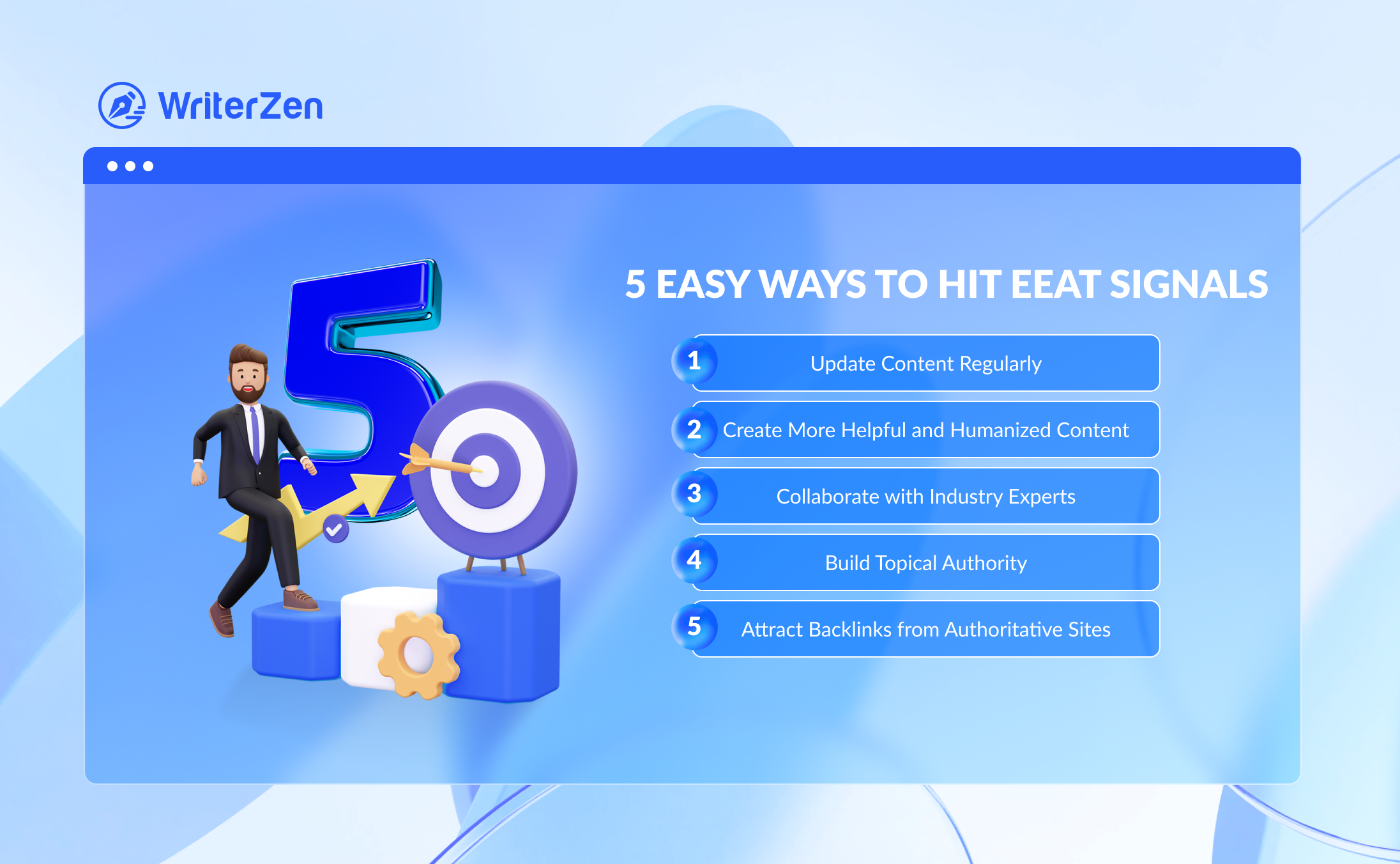
Update Content Regularly
The trick to sailing smoothly through these updates is to constantly refresh and enhance your content. Think of it as a content makeover!
Start by adding new insights or takeaways that you've learned since the original post. Sprinkle in some expert quotes for added credibility, and don't forget to update any industry research you've cited.
Have a killer podcast or a captivating video? Embed it. If you've got handy templates or other downloadable assets, include those too.
Consider adding new sections that enrich the article and offer more value to your readers. A table of contents can make navigation a breeze, and while you're at it, make sure to update any outdated data and give those old visuals a facelift.
Doing all this won't just make your content more valuable to the reader; it'll also boost your organic traffic and keep you in Google's good graces.
Create More Helpful and Humanized Content
For years, Google's mantra was pretty much, "Craft stellar content, and the rest will take care of itself." They've always championed quality, so it's intriguing to see their philosophy evolve.
If you've been a loyal disciple of Google's teachings, your website probably boasts top-notch content.
However, the definition of quality content has really changed. While we often applaud content that offers context, cites its sources, and throws in some handy links, there's a new gold standard.
To make your content truly helpful, your content should not only radiate expertise but also tackle specific problems, and give actionable tips. Answer burning questions, present info in an easy-to-digest manner, and cater directly to what users are hunting for.
Think of your existing content as untapped potential. Why not double down and refine them? Make them the go-to solutions for problems users are voicing. Recognize your existing content as an opportunity.
Collaborate with Industry Experts
Leveraging experts’ influence is a sure way to demonstrate expertise, build authority, and show trust, especially for YMYL topics.
WebMD hires certified medical experts to write for its website.
For example, this piece on “Data-Informed SEO” was written our team members, but we let Marco Giordano weigh in to share his unique stance on using data as a guiding star in SEO.
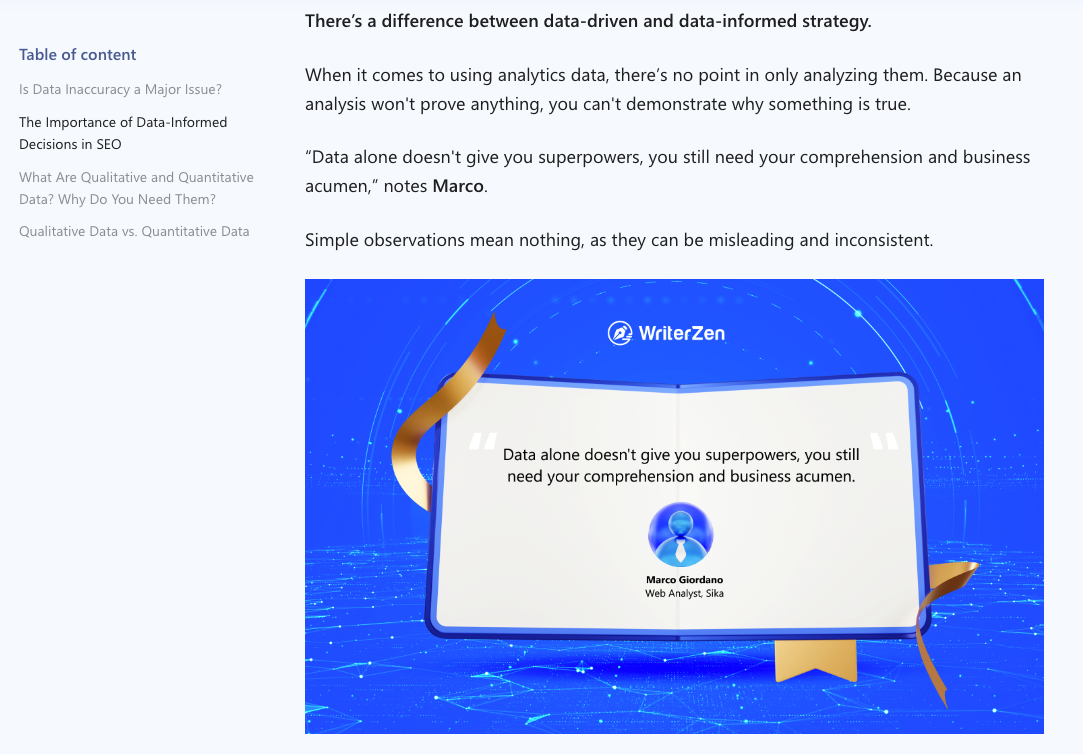
If you click on Marco’s name, you’ll see that he has been a champion in creating data-informed SEO strategies.
Collaborating with SEO experts allows us to create educational pieces rooted in research and relevance. Also, showing our credentials is a way to build trust with the readers and encourage them to take action and improve their lives.
After all, Google favors authors who have proven expertise over those who don’t.
Of course, not everyone has the budget to hire people with 20 or even 10 years of experience to write or review a piece. You can always invite these experts to guest posts, interview an expert for your next blog post, or find a mutually beneficial way to collaborate with the expert.
Or you can be the expert. If you have a proven track record—say you’ve won some industry awards, spoken at a notable industry conference, or bagged a Ph.D. or some super important certification, please flaunt it. Google needs to know you have an expert in your corner, even if that expert is you.
Want to really ace your content? Consider outsourcing some killer quotes or interviews from experts in the field. It’s all about quality over gimmicks when it comes to pleasing the Google gods.
Build Topical Authority
Why should you care about topical authority, especially when it comes to E-A-T (Expertise, Authority, Trust)?
Great question! Topical authority isn't just a buzzword; it's a key ingredient in Google's recipe for ranking content.
With Google's unrelenting focus on delivering helpful and relevant content to users, having topical authority means you're more likely to show up in search results when someone is looking for information in your area of expertise.
Google uses topical authority to figure out which experts are the go-to sources for a particular subject, especially for news-related searches. So, if you want Google to view you as an expert, it's high time to focus on becoming a topical authority in your field.
Just how Monday.com has established itself as an authority in project management.
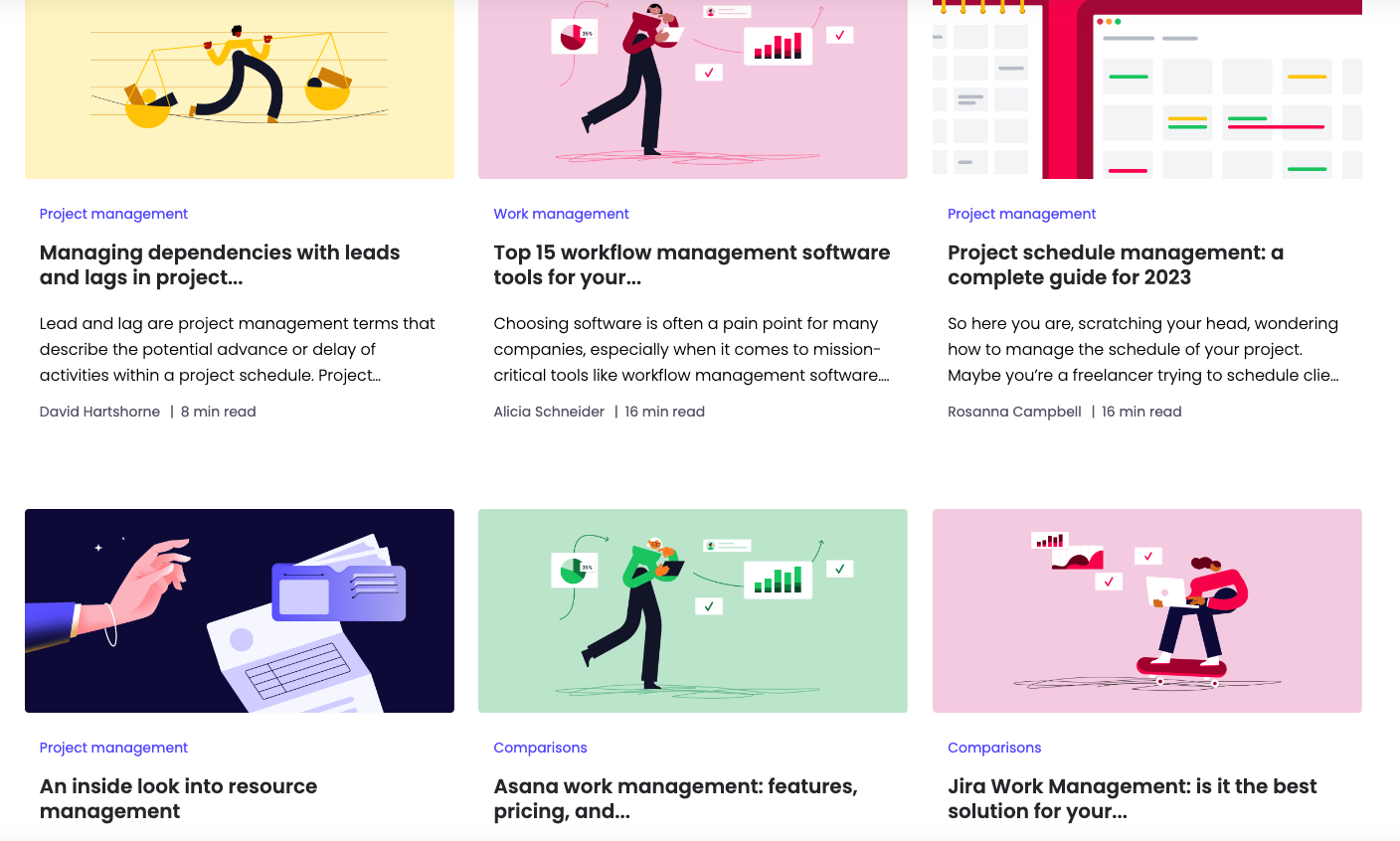
That's how you build authority and stay in Google’s good graces. Following E-A-T guidelines proves you're all about quality and trust, ticking off all the boxes that Google now cares about more than ever.
So, if you want to be seen as an expert in your field, focus on creating in-depth, quality content that resonates with your audience.
Topical authority is the gift that keeps on giving.
Attract Backlinks from Authoritative Sites
Would you trust a pizza place that claims to be the best but has zero reviews? No way! You'd go for the pizza joint with tons of rave reviews.
That's exactly how backlinks from reputable sites boost your website's authority in Google's eyes. It's like a vote of confidence from the online world.
Take WebMD for instance, the health info giant gets a ton of backlinks mainly from its well-organized category pages.
These are basically a collection of related articles on specific topics that link to each other, making it easier for both Google and users to understand what's what.
This not only answers people's questions but also helps the site climb up Google's rankings. It's like killing two birds with one stone—you help people and, in turn, win more of these virtual thumbs-ups.
And speaking of authority, Gary Illyes from Google puts it best: Your site's authority is mostly built on backlinks and mentions from already authoritative sites.
So, if a heavy-hitter like the Washington Post mentions you, it's like hitting the online credibility jackpot. Just remember, this sort of credibility doesn’t happen overnight— just as Rome wasn’t built in a day.
Bottom Line: Make E-E-A-T Signals Your Content Advantage
Google E-E-A-T guidelines are like Google's recipe for trustworthiness. If you ace them, not only will you rank better on search engine results pages (SERPs), but users will see you as a credible source.
Create top-notch content and consult real experts to weigh in on your topics. It's also a smart move to keep tabs on any updates to these guidelines.
Understanding how Google's Quality Raters assess websites can give you a sneak peek into what Google is really after in top-ranking content.
So, let's say you want to be seen as the go-to source on a subject; that's where topical authority comes into play. Being a topical authority means you're not just dabbling; you're deeply knowledgeable in specific areas, which is a big win in the E-A-T game.


